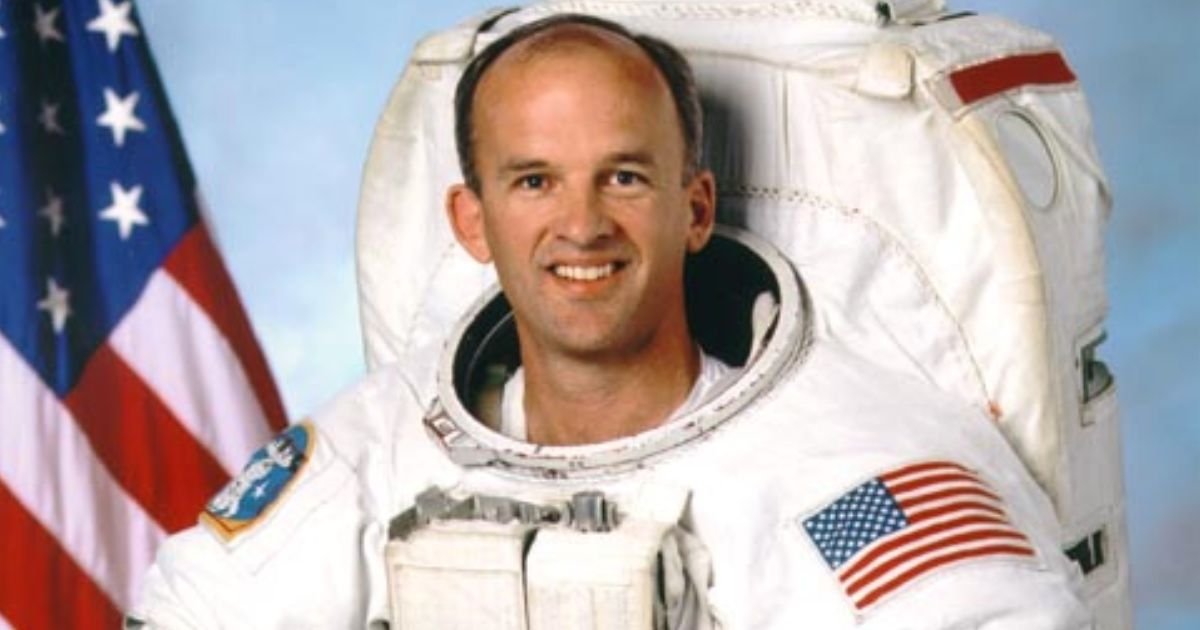Jeffrey Williams, a NASA astronaut, believes that science and the Bible are in harmony.

Williams took part in four space missions from 2000 to 2016 and has spent 534 days in space. His first mission was on the Space Shuttle Atlantis. After that, he flew three times on a Russian Soyuz rocket to the International Space Station. Williams did five spacewalks and spent a total of 32 hours floating in space.
At the opening of the Museum of the Bible’s exhibit “Scripture and Science: Our Universe, Ourselves, Our Place,” Williams spoke about the link between science and Bible. The exhibit aimed to show how these two fields complement each other.
Williams often faces the question, “How can I be in the business that I’m in and be a Believer at the same time?” He argues that the foundation of modern science is the belief in the Bible and God as the creator. This belief has shaped his worldview and his career as an astronaut.
Williams has spent a lot of time studying the relationship between science and faith throughout his career. He says, “Modern science as we know it came out of the conviction that the Bible was true and that God is the Creator, as He has revealed Himself in the Scripture. And in that creation, He provisioned it and ordered it.” He believes that God created the world with order. This order can be seen in math, physics, chemistry, and music.
“The Bible supports and informs science with the elements of the mathematical order of God’s Creation, our calling as humans, bearing the image of God, and how God has equipped us to explore and extract that order and utilize it for the glory of God and the good of mankind.”
He mentions that early scientists like Johannes Kepler and Isaac Newton were motivated by their faith. This faith helped give birth to modern science. Williams feels his own experiences in space did not change his relationship with God. However, they gave him a deeper understanding of certain biblical passages.
In space, Williams saw the Earth’s beauty and the vast universe. This experience reinforced his faith in Jesus Christ. He talks about seeing the Earth from afar and the endlessness of the universe. These “spectacular” views made him think about eternity with Christ.
“So it was an amazing experience to get off the planet, and then look back at the part of the universe that we call home, which is uniquely provisioned for our habitation – as the prophet Isaiah says – and then look at all the details and consider the details of that provisioning.”
“The details of the Earth, and the details of the cloud formations, and the currents around the planet across the oceans and whatnot. At nighttime, when we were looking down at the U.S., we could see the patterns of thunderstorms and the rippling of lightning across the way. We got some great views of the southern aurora, the aurora australis, as we passed over southern Australia. Looking out into the heavens, in the dark you could see a magnificent star field – an infinite number of stars, far more than you can see from the ground. You could actually see the Milky Way out there as a solid, faint background behind the star field.”
Williams’s views offer a unique perspective on the harmony between science and Bible. He encourages people to see that science does not contradict Christianity. Instead, both can inform and enrich each other. This message is particularly important for those who think there is a conflict between their faith and scientific understanding.




